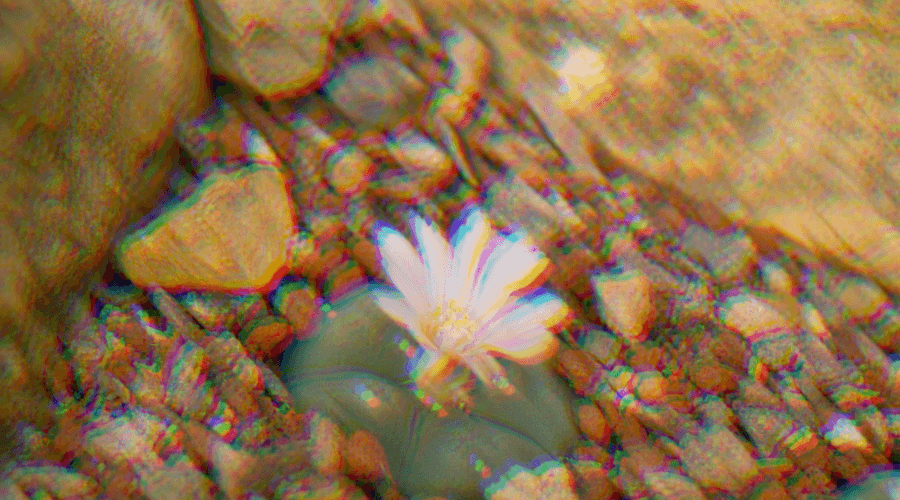As you may (or may not) know, some hallucinogenic cacti are somewhat legal in the U.S. That prompts the question: Is peyote legal? Turns out it’s yet another “it’s complicated” situation. Ready to learn about peyote legality? Let’s get started!
Too Long; Didn’t Read
- Peyote is a controlled substance under federal law in the U.S., though there are exceptions for religious use. 🌵
- The Native American Church has a religious exemption to use peyote in ceremonies. 🌵
- Cultivating psychedelic cacti like peyote and San Pedro isn’t as clear-cut as it seems. 🌵
- Fun fact: Peyote has been used for millennia, dating back to the days of ‘Ye Olde Shaman. 🌵
Is Peyote Legal?
So, is peyote legal? In the land of the free, you might assume you can partake in any plant you stumble upon, but alas, ’tis not so. Peyote, that small, spineless cactus, filled to the brim with the psychoactive compound mescaline, is classified as a Schedule I controlled substance under federal law. This places our prickly little friend in the same league as LSD and heroin. The possession, distribution, or manufacture of peyote is typically illegal, unless – cue the drumroll – you fall under a religious exemption.
Editor’s Note ✨
You might think, “Why bother? It’s probably hard to extract mescaline anyway.” Actually, the abuse of peyote is super easy. All one needs to do is cut off the “crown” buttons, and then chew them or brew them.

Religious Exemption: The Peyote Sacrament
Now, this is where the legal landscape gets as wavy as a peyote trip. If you’re part of the Native American Church, federal law permits the use of peyote in your religious ceremonies. Peyote has been used for centuries in indigenous cultures for healing and divination. Its sacramental use is acknowledged and protected under the American Indian Religious Freedom Act Amendments of 1994. Still, the right to legally obtain peyote for these sacred rites has been a hard-fought battle for native communities.
Do You Need to Be a Member of the Church?
This is where things get a bit tricky. In all but two states, you don’t have to be a church member, or a native person to use peyote for religious practices. In Idaho, peyote use is legal only for Native Americans in reservations. In Texas, one has to either have a license to harvest and sell peyote, or be an actual member of the church.
The Legal Status of Cultivating Psychedelic Cacti
Aside from its psychedelic properties, peyote cactus has an ornamental side. But, is peyote legal to cultivate? Actually, yes! But also, no. The legality of cultivating psychedelic cacti like Peyote and San Pedro is murky at best. Growing peyote for personal use is generally frowned upon by Uncle Sam, but it’s not forbidden to have it in your garden. Yet, this remains a gray area (especially obtaining the cactus in the first place). Bottom line? Approach with caution, folks.

How to Legally Obtain a Peyote Cactus in the U.S.
Absolutely, peyote cultivation is no small endeavor in the U.S., not least because of the legal intricacies involved. The green-thumbed enthusiast with a love for rare and exotic botanical specimens can still traverse this legal labyrinth with some know-how. For example, you can obtain the cactus if you’re a member of the Native American Church. (Though, you must be prepared to prove the intent of religious use.)
Beyond that, for the general public, some states like Arizona allow for the cultivation of peyote cactus, but strictly forbid the consumption or distribution of it. How to legally obtain peyote?
- First, check whether your state allows the cultivation of peyote.
- Then, the process is generally to apply for a permit from the state’s department of agriculture or equivalent authority, adhering to the regulations outlined therein.
- Finally, remember to source your peyote seeds or plants from a reputable supplier. After all, you don’t want to be a part of illegal trades, or wild population decline.
The Long History of Peyote
And now, for a fun fact to impress your friends at your next trivia night! The use of peyote dates back over 5,000 years. Ancient peoples in what is now Texas utilized this hallucinogen for its psychoactive properties during religious ceremonies. They clearly knew how to have a spiritual good time!
So, is peyote legal? Well, it’s still a complex web of history, culture, and law. The federal law’s stance on the religious use of peyote showcases a sliver of respect for Native American cultures and practices. But the question of cultivation remains a prickly subject.
Similar Posts:
- Is San Pedro Cactus Legal? The Legality of Echinopsis Pachanoi
- The Marvel of Echinopsis Peruviana: Meet the Peruvian Torch Cactus, San Pedro and Peyote’s Mescaline Cactus Cousin
- How Much Is Peyote Worth? Cactus Controversial?
- Mescaline vs Peyote Cactus: A Short Comparison
- San Pedro Cactus (Echinopsis Pachanoi) 🌵 All You Need to Know
- Peyote Trip: What Does It Look and Feel Like?
- Mescaline vs. LSD – Let’s Compare These Popular Hallucinogens




